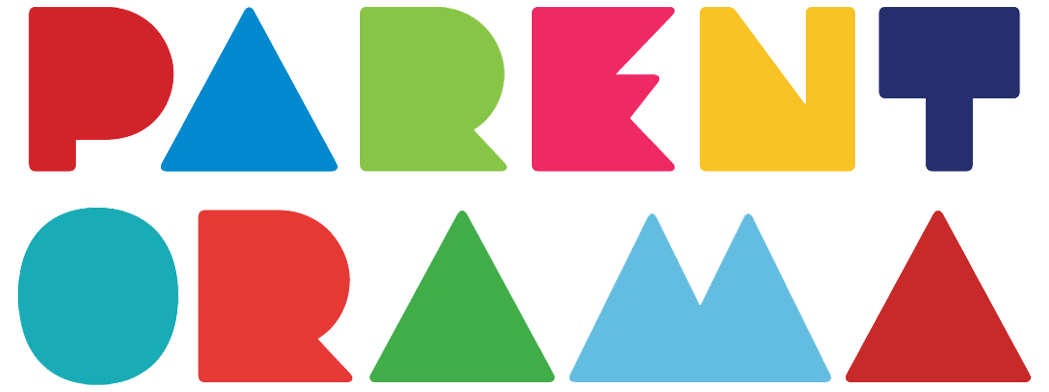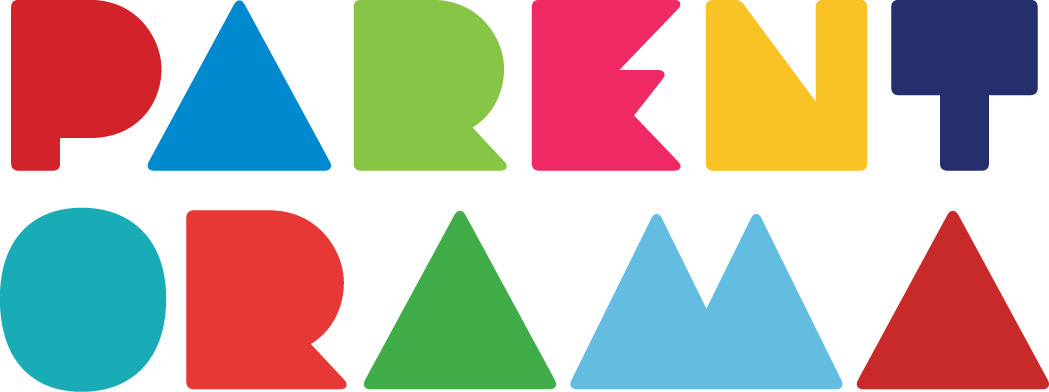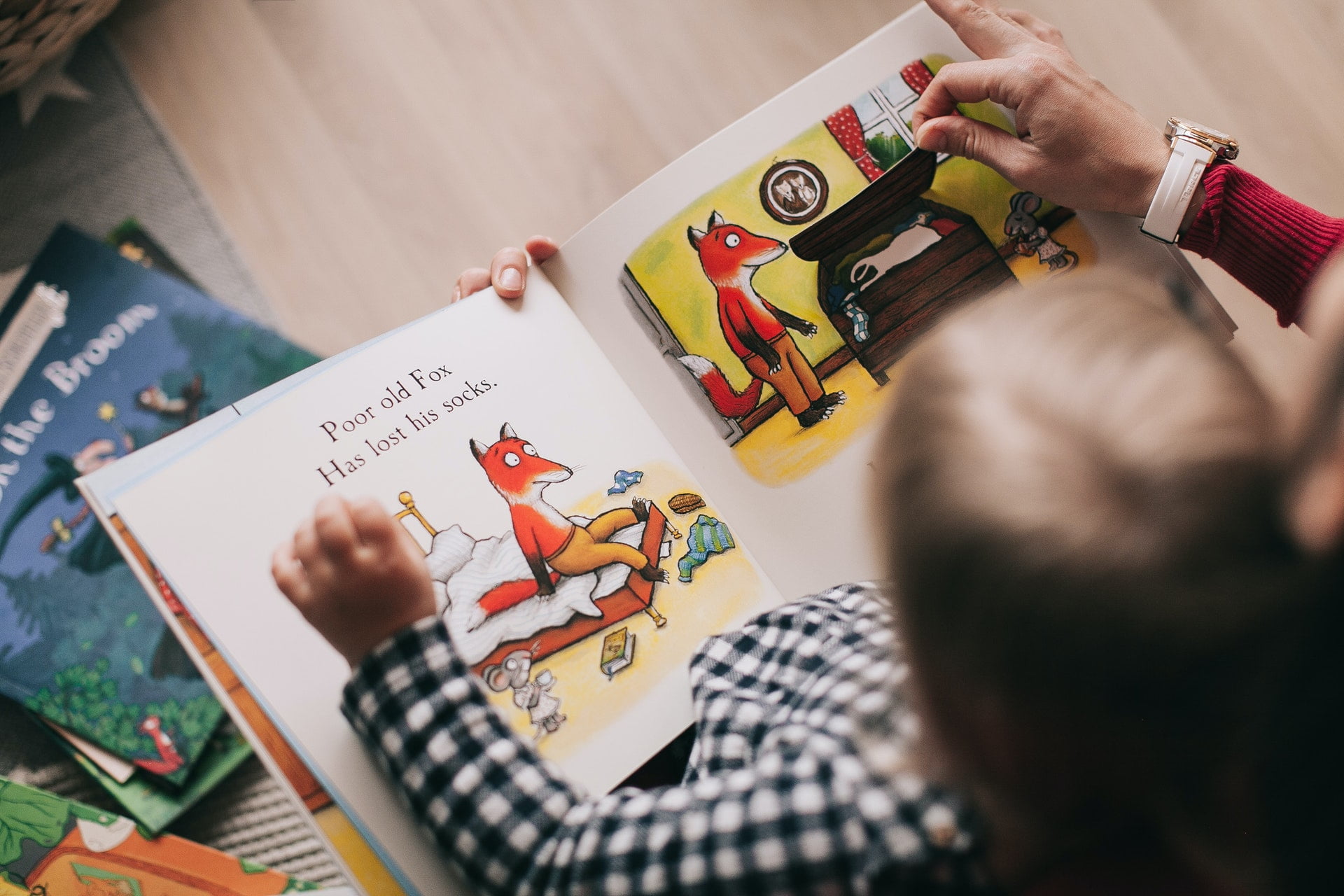Baby and Reading: How Early Should We Start Reading Books?
When, in 2014, the American Academy of Pediatrics stated that all pediatric primary health care should include the promotion of reading (starting from birth!), it became clear to everyone how important reading is considered. Indeed, reading is an excellent way to develop a child’s brain, and as strange as it may seem, the good habit of reading begins in infancy! Mastering the skill of reading doesn’t happen all at once; it occurs step by step. Each step a child masters leads them to the next one!
Thus, during the first 6 years of their lives, most children:
- They talk and listen.
- They listen to stories read aloud by parents or caregivers.
- They pretend to read.
- They learn how to handle books.
- They learn about books.
- They identify letters by name and shape.
- They distinguish individual sounds in spoken language.
- They draw scribbles and other designs.
- They connect individual characters with the sounds they make.
- They relate what they already know to what they hear being read to them.
- They predict what will come next in stories and poems.
- They connect letter combinations with sounds.
- They recognize simple words in books.
- They summarize a story.
- They write individual letters of the alphabet.
- They write words.
- They write simple sentences.
- They read simple books.
- They write to communicate.
- They read more complex books.
Books for Babies: How to Read Them!
If you introduce a baby to a book for the first time, it’s most likely that they will explore it, put it in their mouth, and then throw it away. It would be inconceivable to expect a baby to immediately understand the process of reading! Below, you will find very useful tips that can significantly enhance the reading experience you share with your baby:
Find a Reading Routine!
Incorporate reading children’s books into a favorite routine during the day. For example, after breakfast, you could sit in a comfortable spot and read a book together! You’ll be amazed to find that in just 2-3 days, your baby will be looking forward to your new habit.
Sit Across from Each Other!
To help your baby understand the process of reading, try placing your baby facing you (instead of in your lap) while you read your favorite book! This technique helps your baby focus on both your face and the picture book. Soon, your baby will quickly make the connection that you are reading from the book.
Teach How We Read!
Reading children’s books is a fairly complex process that requires understanding multiple stages. To help your baby understand how we read, teach them yourself by explaining everything in simple words!
For example, say:
Now I’m opening the book!” (as you open the book)
Now I’m turning the page!” (as you turn each page)
All done!” (when you finish reading)
Through this ritual, your baby gains a set of skills related to their brain development! And of course, before long, your baby will be able to flip through a book on their own!
Choose Three-Dimensional Books!
Choosing three-dimensional books not only develops motor, spatial, and visual skills but can also help address various developmental challenges such as separation anxiety. So, when you read a three-dimensional book, encourage your baby to lift the flap of each picture to discover the surprise hidden underneath with excitement. Further encourage the reading experience by exclaiming “Peek-a-boo!”
Foster Their Independence!
When your baby is already familiar with reading, it’s extremely important to give them the opportunity to choose what book you will read together. Hold up two different types of books (for example, a musical book and a soft book) and ask which one they want. Then, read the book that your baby chose.
Communicate!
Encourage verbal communication with your baby by asking simple questions about what you see on each page. For example, ask “What is this?” while pointing to pictures of objects your baby knows. Follow this pattern by asking similar questions for a while, and then try different questions like “Which child is eating?” or “Where is the dog?”
If you want to learn how to manage your daily life with your baby to provide a positive foundation for their development, then the program “Learn Everything About Your Newborn: Sleep, Feeding, Colic, Activities, Development” is right for you!
If you have children of different ages or if your baby is over 6 months old, then check out the program “How Can I Make My Child Love Reading?” for suggestions, tips, and educational methods that can effectively foster a love for reading and establish the foundation for verbal communication!




